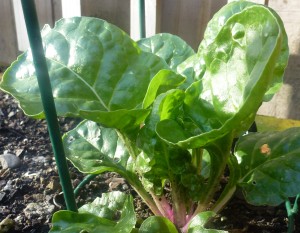By Emma Stoddart – Biology Teacher and Careers Adviser – High School
If you visit the preschool playground on a Friday morning, you have probably seen our Kawakawa ākonga selling items ranging from coffee to cake to wooden boxes. This is a part of our timetable called micro-economy. The goal of micro-economy is for our adolescents to gain experience in the practical skills of accounting, marketing, Human Resources and business planning, as well as the oral and written communication that goes along with talking to members of our community. Above all, it is a controlled, social organisation for our adolescents, who are wanting to try out the real world and adult responsibilities. The Kawakawa micro-economy has grown from the original café group to now having a wide range of groups including those who make beauty products, Kawakawa flavoured tea, frozen fruit desserts, handmade cards and sewn items.
The Maria Montessori quote that best defines the idea behind micro-economy for me is, “…that something is produced which is useful to the whole society, and that is changed for something else.” For adolescents, that “something else” is money!
When a new micro-economy group starts up, they are given a loan to purchase materials needed to begin making their product. This loan is ideally paid back as soon as possible and any other money made here on in, goes back into that micro-economy. Montessori’s ideal micro-economy involved producing items from the land. This works well for farm based Montessori schools, but is a little more difficult for our urban based programme. Hence, many of the items we sell may not fit Montessori’s idea of “useful to the whole society” (except for maybe the coffee sold by Sarah-Jane’s group!).
As a teacher who works in both Kawakawa and Tawari, I see the ongoing benefits of micro-economy. Although there is no micro-economy in Tawari, these ākonga are now looking beyond school at getting themselves part-time and holiday jobs. When Tawari ākonga come and ask me for help with writing their CV’s, I encourage them to include their time in ‘Kawakawa Café’ or the money handling skills they’ve learnt in ‘Cute as a Button’. The experience they gain on a Friday morning selling is just as valuable and important as what they would gain in any other job. In this last week I was able to be a referee for one of our Tawari ākonga for a part time job they had applied for. When the employer asked me, “Would you employ this person?”, I was able to say “Yes!” and give specific examples of where I had seen this young person display the qualities I knew this employer was looking for. Fingers crossed they get the job.
Finally, a little plug for my own micro-economy group, ‘Cute as a Button’. We are planning on attending the Eastbourne Christmas market again this year. For sale will be our famous felt Christmas tree decorations, also a new range of baby hats and infinity scarves. See you there on the 10th December at Days Bay.
